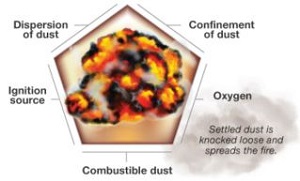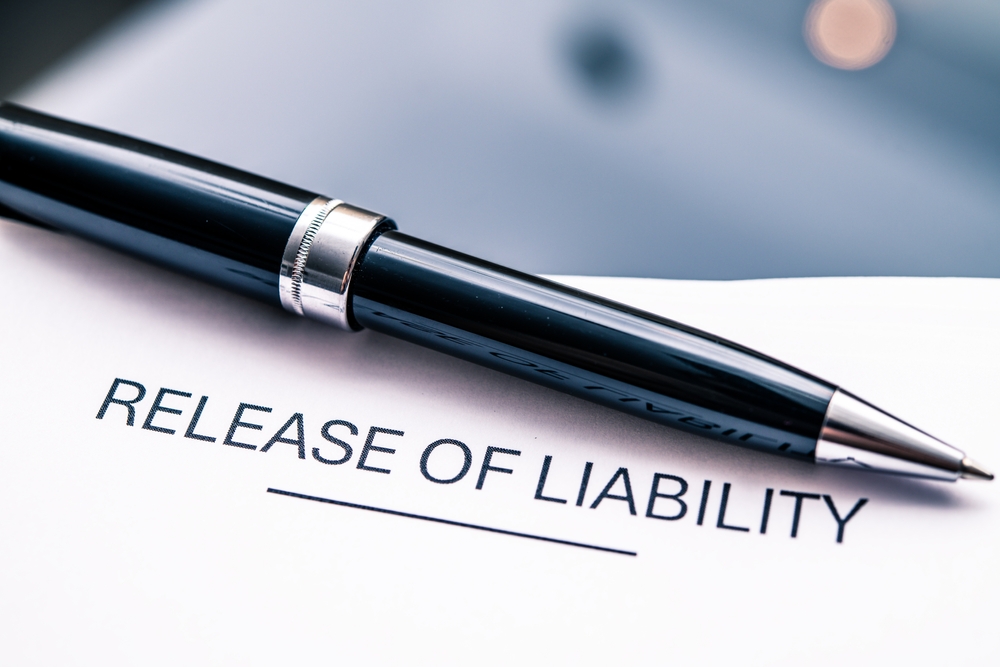 A recent federal court ruling offers a reminder that subrogating carriers need to be careful when disclosing expert opinions. The case, Columbia Grain v. Hinrichs Trading et al. (D. Idaho 2015), involved a fire in a garbanzo bean elevator. The plaintiff’s expert opined that a failed bearing ignited garbanzo bean dust, which smoldered for two days prior to bursting into flames during a wind storm. When the expert was later deposed, he admitted that he had not performed any testing to support this smoldering theory.
A recent federal court ruling offers a reminder that subrogating carriers need to be careful when disclosing expert opinions. The case, Columbia Grain v. Hinrichs Trading et al. (D. Idaho 2015), involved a fire in a garbanzo bean elevator. The plaintiff’s expert opined that a failed bearing ignited garbanzo bean dust, which smoldered for two days prior to bursting into flames during a wind storm. When the expert was later deposed, he admitted that he had not performed any testing to support this smoldering theory.
After the defendant’s expert disclosed opinions attacking the theory, the plaintiff’s expert proceeded to perform additional testing. A timely rebuttal opinion was then filed, which described testing that confirmed that this type of garbanzo bean dust could smolder for several days before fully igniting. The documentation and data supporting this testing was produced to the defendant well before trial.
Nevertheless, the defendant successfully convinced the court that the opinions relating to the smoldering theory should be excluded. The court stated that rebuttal testimony can only be used to counter unforeseen arguments in an opposing expert’s disclosure, rather than being “used to advance new arguments or new evidence.” Here, since the smoldering theory was offered in the plaintiff’s expert’s original disclosure, the court barred him from introducing new testing in a rebuttal report to support that theory.
While every case is different when it comes to the admissibility of expert opinions, this case serves as a strong reminder that, especially when in federal court, a subrogating carrier’s expert needs to fully-support his or her opinions prior to a disclosure deadline.





